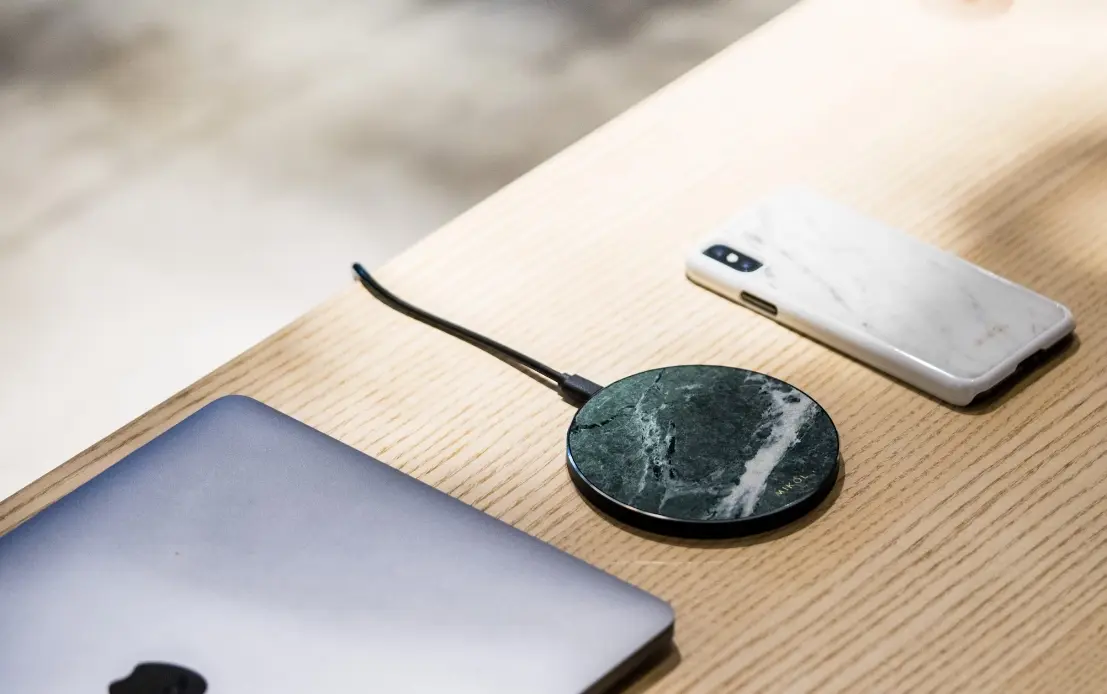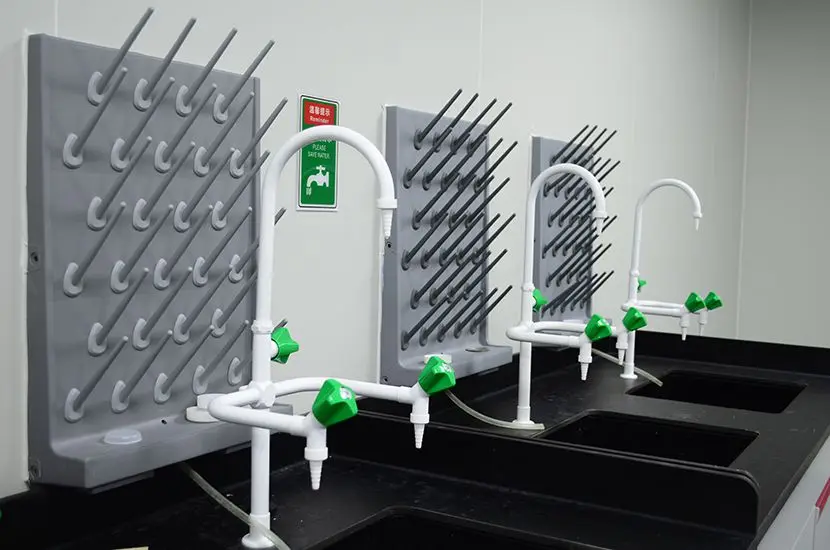
Wireless Charger FCC Certification
For the Amazon US site's wireless chargers, FCC certification reports need to be submitted. Wireless charging technology primarily utilizes electromagnetic technology, where the transmitter converts current into electromagnetic waves, and the phone, equipped with a built-in receiver chip, converts the electromagnetic waves back into current to charge the phone. Products involving wireless electromagnetic technology are subject to strict regULations in various countries.
For wireless power transfer devices operating at a frequency of 9 kHz, the standards for wireless chargers can be found in either Part 15 or Part 18 of FCC certification standards. The specific applicable rules from Part 15 and/or Part 18 of the FCC certification standards depend on how the device operates and whether there is communication between the charging device and the device being charged.

The seventh part, concerning transmission information, must be certified according to the relevant rules in Part 15, and usually requires deviCE certification. In the fcc part 15 standard, wireless chargers are certified under PART 15 B in FCC-sdoc, and under PART 15C in FCC-ID.
WPT (Wireless Power Transfer) devices can operate in two different modes: charging and communication. If it can be demonstrated that (1) the device complies with the relevant rule parts, it can be approved for charging mode under Part 18 and for communication mode under Part 15; (2) the functions are independent. Once the appropriate RF exposure assessment is completed, Part 18 consumer devices can be authorized using certification or SDoC. Wireless chargers certified under FCC for charging mode can follow Part 18 standards, while communication can follow Part 15 standards. Both standards require additional RF exposure assessment.
Regulatory Requirements
There are no corresponding regulatory requirements for FCC in the North American market regarding wireless chargers. For regulatory gaps, the FCC issued guidance requirements in KDB 680106. KDB 680106 specifically addresses technical specification requirements, testing reference standards, RF exposure testing methods, and certification processes for QI wireless chargers.
Wireless Charger fcc testing Standards
According to the requirements of KDB 680106, different types of wireless chargers can refer to testing regulations separately under 47 CFR PART 15, 47 CFR PART 18, or jointly reference both.
Wireless Charger FCC Certification RF Testing Requirements
For common desktop wireless chargers, electromagnetic field strength probes should be used at a distance of 375px from the product (for multiple coil synchronous transmission, the top should be at 500px), and testing should be conducted on the top and four sides. For vehicle-mounted wireless chargers, testing should be conducted at distances of 0, 50px, 100px, 150px, 200px, and 250px, respectively.
The measuRED values should not exceed 50% of 614V/m and 50% of 1.63A/m.
A warning similar to the following should be stated in the user manual: "This equipment should be installed and operated with a minimum distance of 500px between the radiator and your body."
Wireless Charger fcc certification process:
1. Applicant submits the application.
2. Applicant fills out the application form, provides the instruction manual and technical parameters to the laboratory (hello@jjrlab.com).
3. The laboratory determines the testing standards and testing items based on the seller's platform situation and category and provides a quotation.
4. Applicant confirms the quotation, and both parties sign the agreement.
5. Upon successful testing, fcc testing report/certificate is issued.
Email:hello@jjrlab.com
Write your message here and send it to us
 Cost of U.S. FDA CFR 21 177.2600 Test Report
Cost of U.S. FDA CFR 21 177.2600 Test Report
 How much does the IP44 Compliance Test cost
How much does the IP44 Compliance Test cost
 What is LFGB Test
What is LFGB Test
 What does LFGB certified mean?
What does LFGB certified mean?
 Weee authorised representative germany
Weee authorised representative germany
 Where to Apply for 2026 Air & Sea Transport Ce
Where to Apply for 2026 Air & Sea Transport Ce
 Guide to IEC Test Reports for Lighting Exports
Guide to IEC Test Reports for Lighting Exports
 IEC/EN 62471 and IEC/EN 62778 (Photobiological Saf
IEC/EN 62471 and IEC/EN 62778 (Photobiological Saf
Leave us a message
24-hour online customer service at any time to respond, so that you worry!




